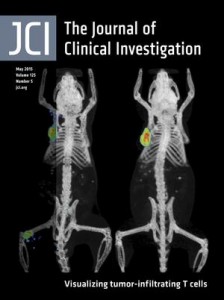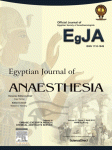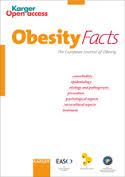 Following an investigation into research misconduct, the Journal of Clinical Investigation has retracted a cancer genetics paper from a laboratory at the National Institutes of Health due to “data falsification and fabrication” of four figures and a table in the paper.
Following an investigation into research misconduct, the Journal of Clinical Investigation has retracted a cancer genetics paper from a laboratory at the National Institutes of Health due to “data falsification and fabrication” of four figures and a table in the paper.
The paper, “FOXO3 programs tumor-associated DCs to become tolerogenic in human and murine prostate cancer,” describes an overexpressed gene in mouse prostate cancers that appears to suppress immune system cells.
The journal retracted the paper following an investigation into author Stephanie K. Watkins, then a postdoctoral fellow at the National Cancer Institute. According to a NIH press release released about the study in March 2011, the work “has led to the submission of a patent application by the NIH on behalf of Hurwitz and Watkins to target FOXO3 as a way to boost immune responses in cancer and to silence excessive immune responses in autoimmune diseases.” We found an NIH record of the patent application, but no record of an approved patent at the United States Patent and Trademark Office under either Hurwitz or Watkins’ names.
The paper has been cited 62 times, according to Thomson Scientific’s Web of Knowledge. Here’s the full notice: Continue reading NIH cancer paper retracted for faked data







